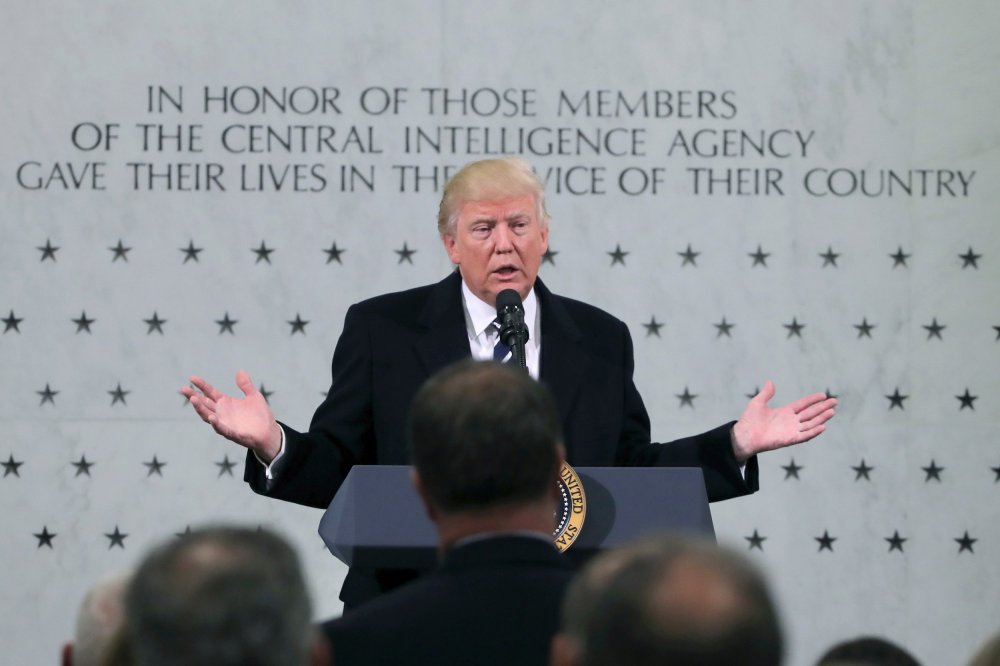Initially, it seemed as if Donald Trump was only rejecting the U.S. intelligence community’s findings that related to Russia. Soon, however, it became clear that the Republican president had no use for intelligence professionals’ assessments on a range of other issues, too.
Trump blew off intelligence agencies’ findings on Saudi Arabia. And North Korea. And Latin America. And Iran.
The Washington Post reported yesterday that American intelligence professionals are struggling with the fact that Trump’s public rhetoric contradicts the information they keep providing him.
President Trump continues to reject the judgments of U.S. spy agencies on major foreign policy fronts, creating a dynamic in which intelligence analysts frequently see troubling gaps between the president’s public statements and the facts laid out for him in daily briefings on world events, current and former U.S. officials said. […]
“There is extraordinary frustration,” a U.S. intelligence official said. The CIA and other agencies continue to devote enormous “time, energy and resources” to ensuring that accurate intelligence is delivered to Trump, the official said, but his seeming imperviousness to such material often renders “all of that a waste.”
It’s a breathtaking dynamic, which as the Post noted, is “without precedent.” American intelligence agencies continue to do everything possible to provide the president with the best possible information, and to their frustration, Donald Trump just doesn’t seem to give a darn.
What was especially striking was reading about the lengths intelligence professionals are willing to go to accommodate the president’s … what’s the word I’m looking for … eccentricities.
From the start of Trump’s presidency, the CIA and DNI began streamlining the [presidential daily briefing], reducing it to a collection of bullet points and images or graphics. U.S. officials have made additional adaptations over the past two years.
They generally refrain from sending analysts who are deep experts on a specific subject, instead dispatching generalists for meetings with a president whose attention tends to wander.
Analysts have learned to emphasize economic issues that resonate with Trump and to employ eye-catching graphics. Even so, briefers often return from the White House voicing concern.
“Either it doesn’t resonate or there is a lack of comprehension,” the U.S. official said. “You feel frustration and helplessness in a way. What else can you do?”
Have they tried making cartoons? How about presenting the intelligence reports with puppets?
All joking aside, we’ve seen administrations in which presidents have sometimes clashed with the intelligence community over important issues. The dynamic with Trump is something altogether different: this president isn’t disagreeing with agencies’ specific findings, he’s simply indifferent to their efforts.












